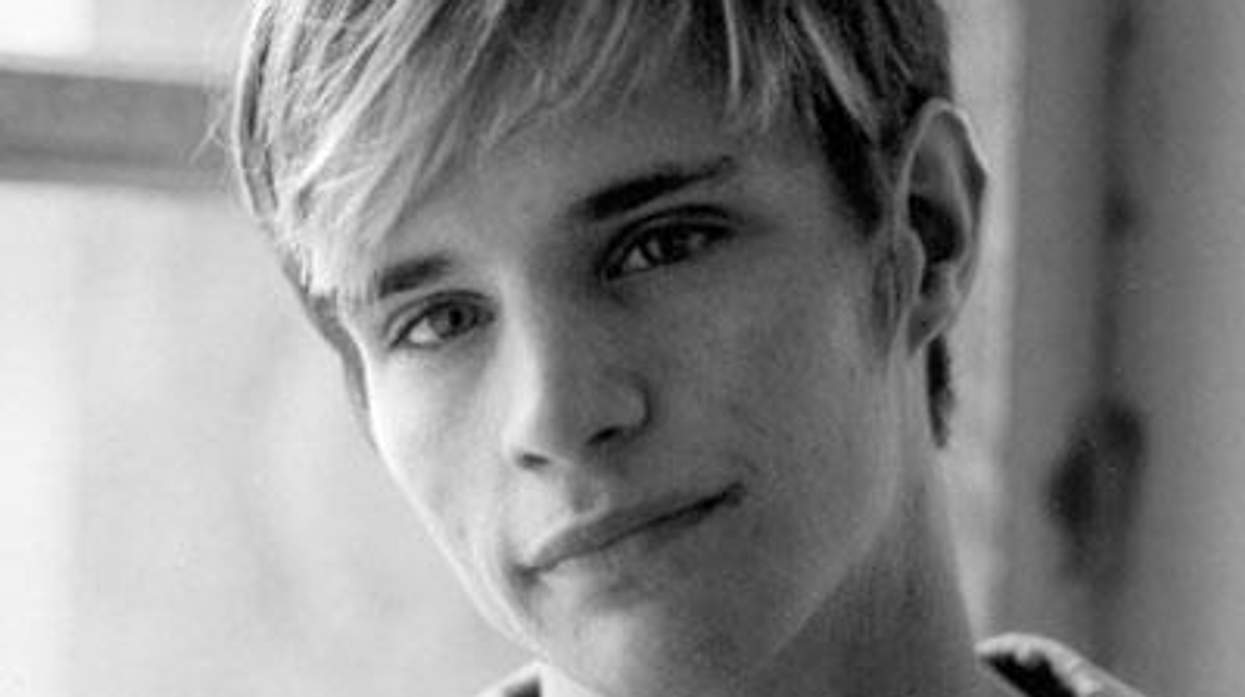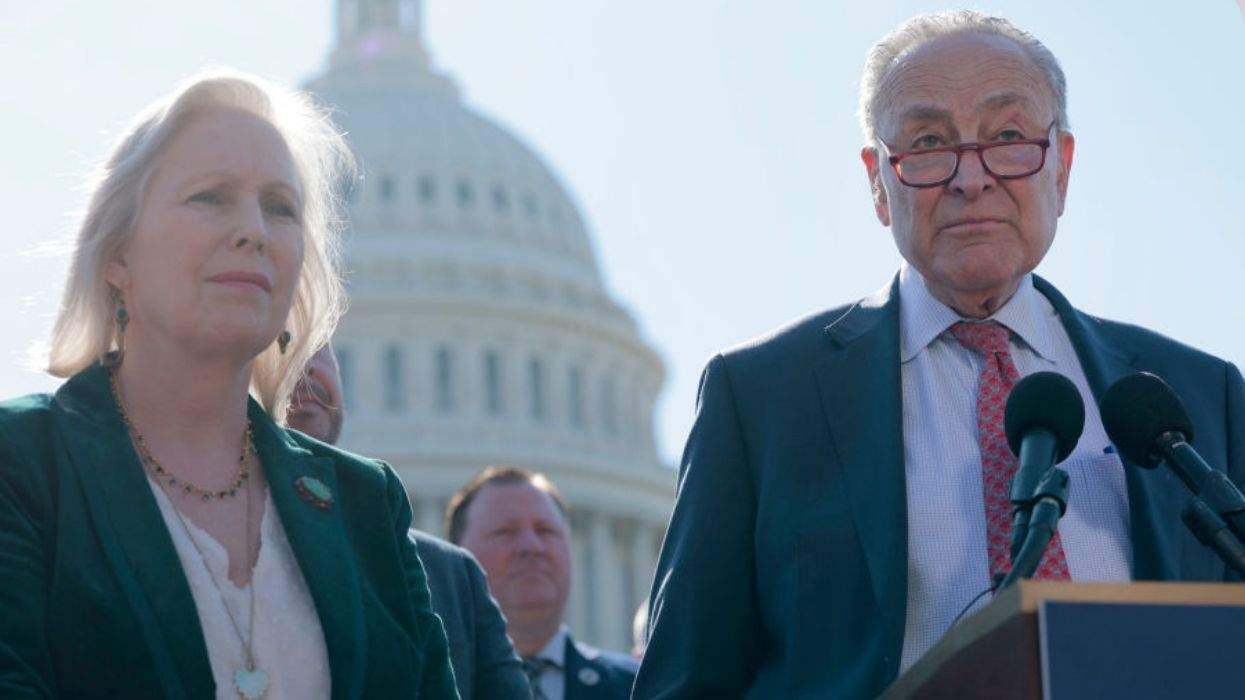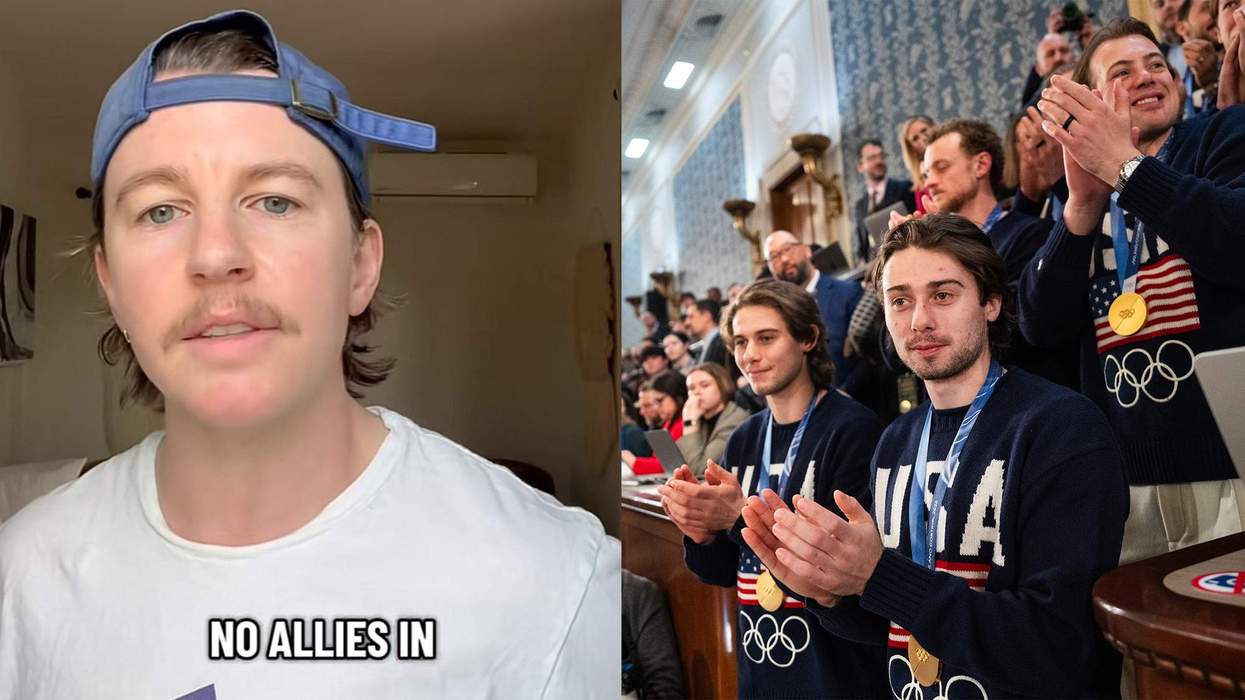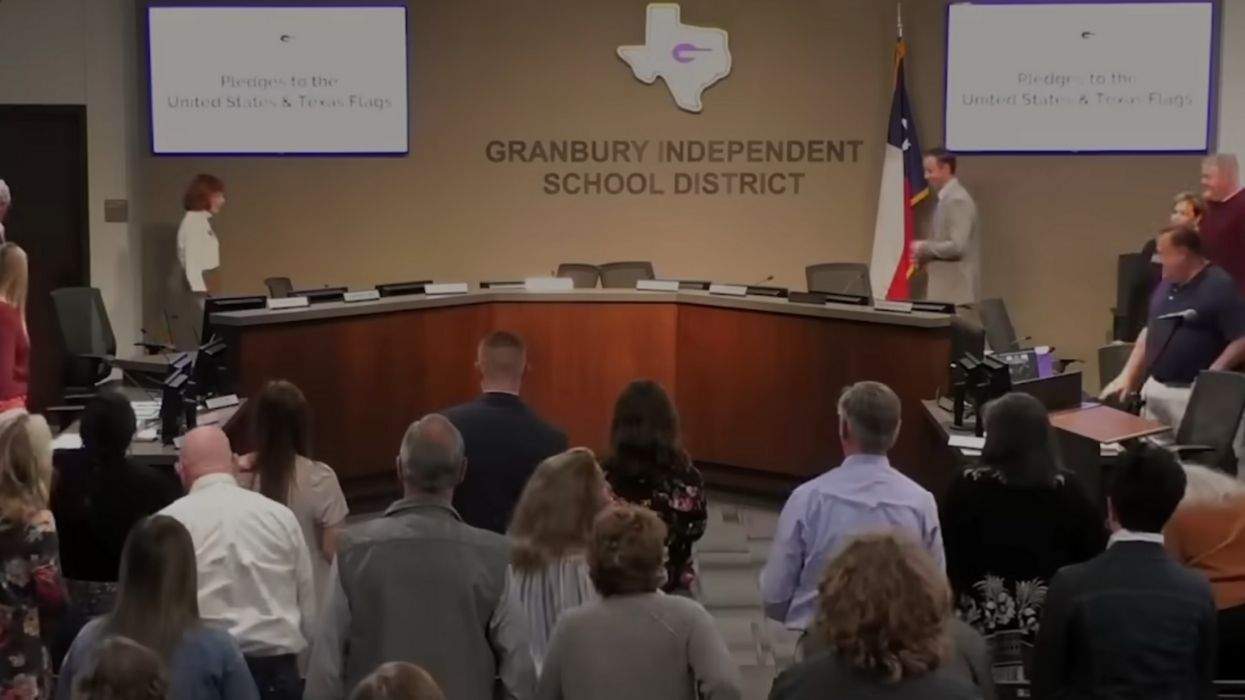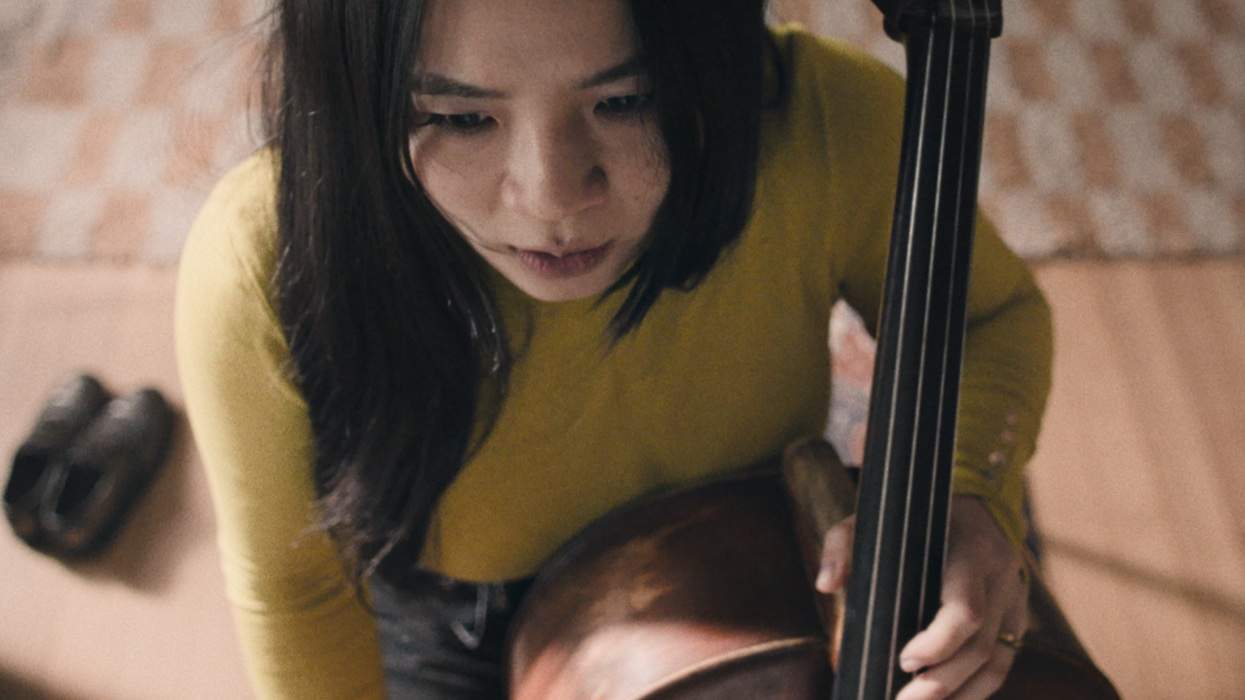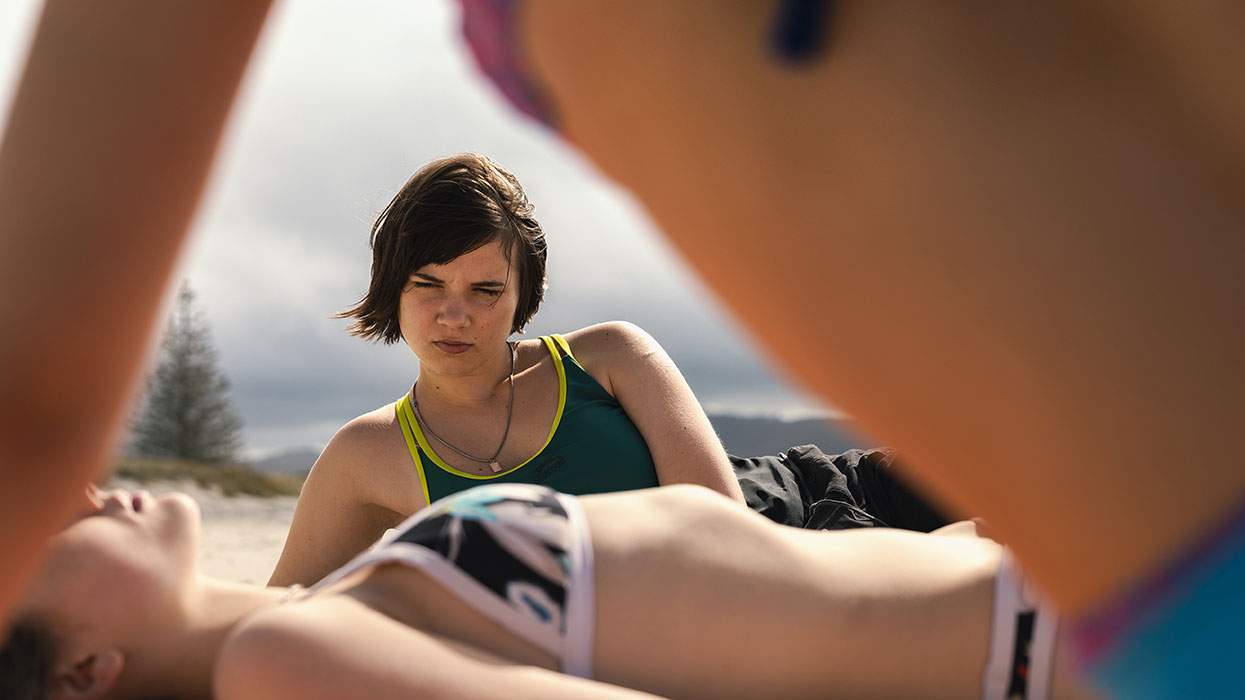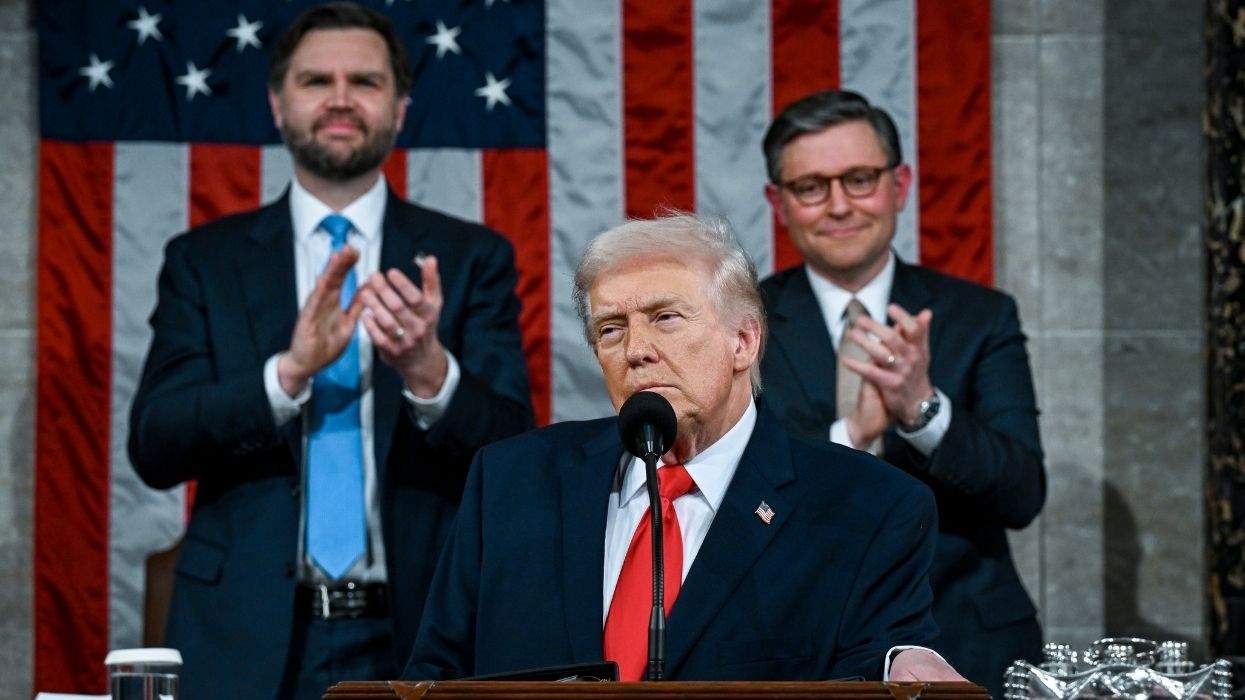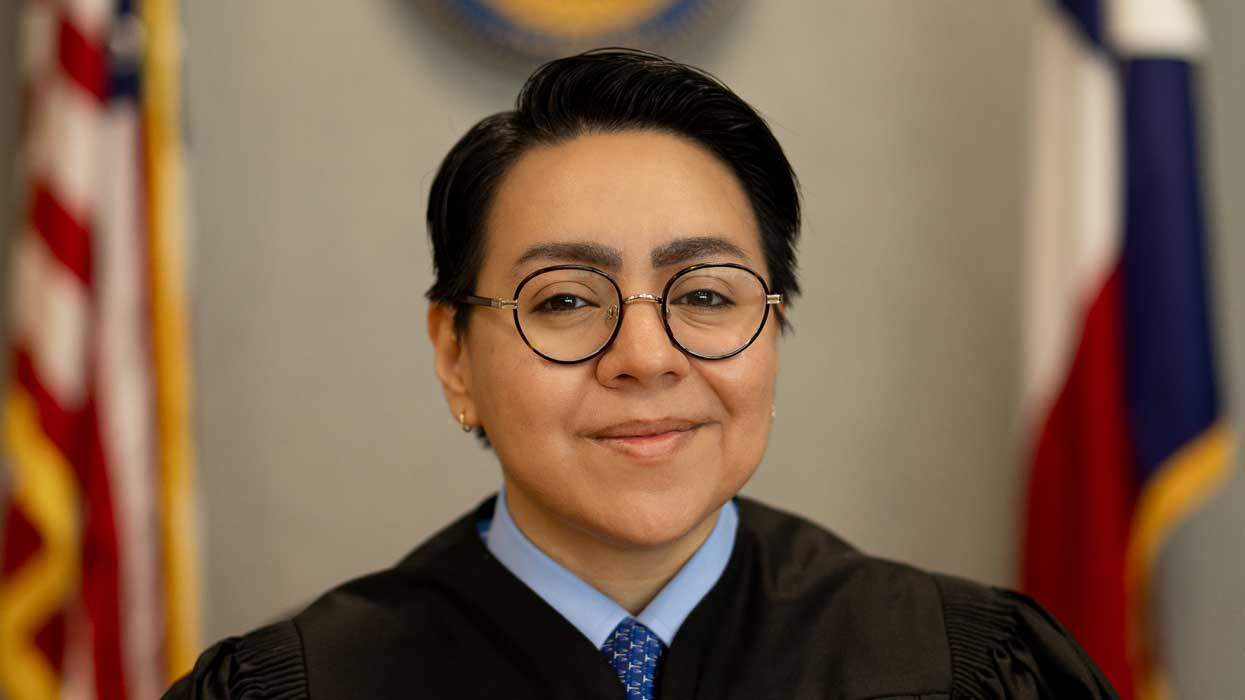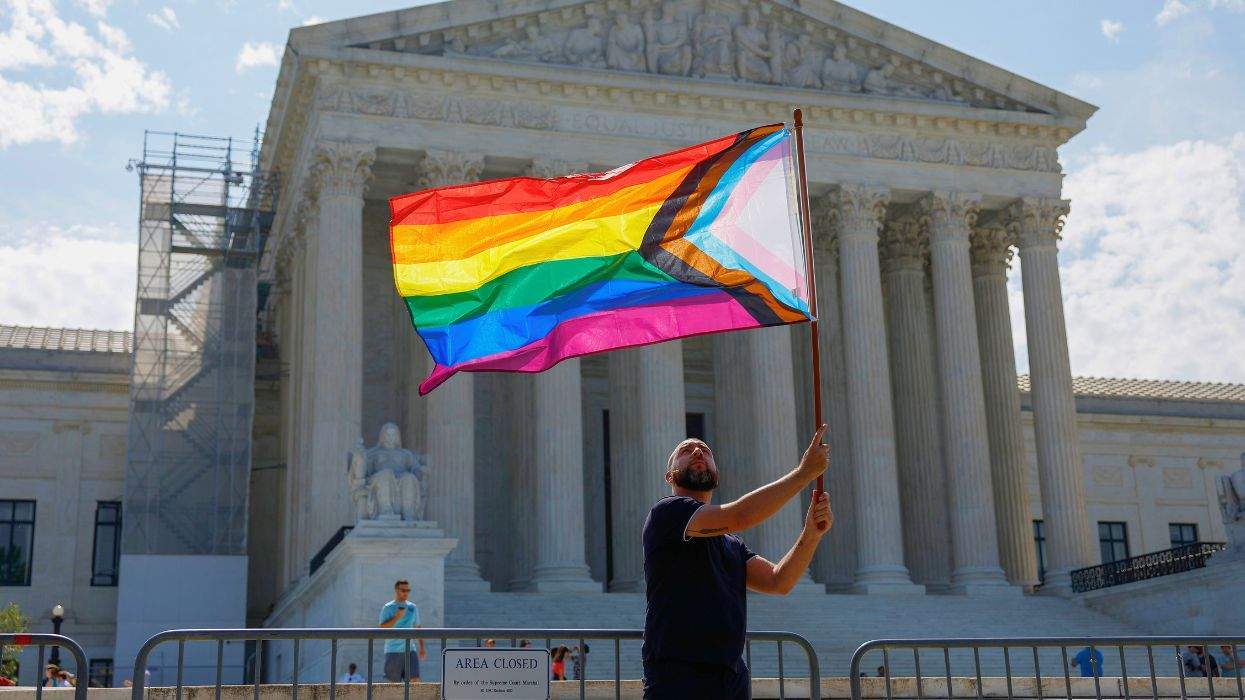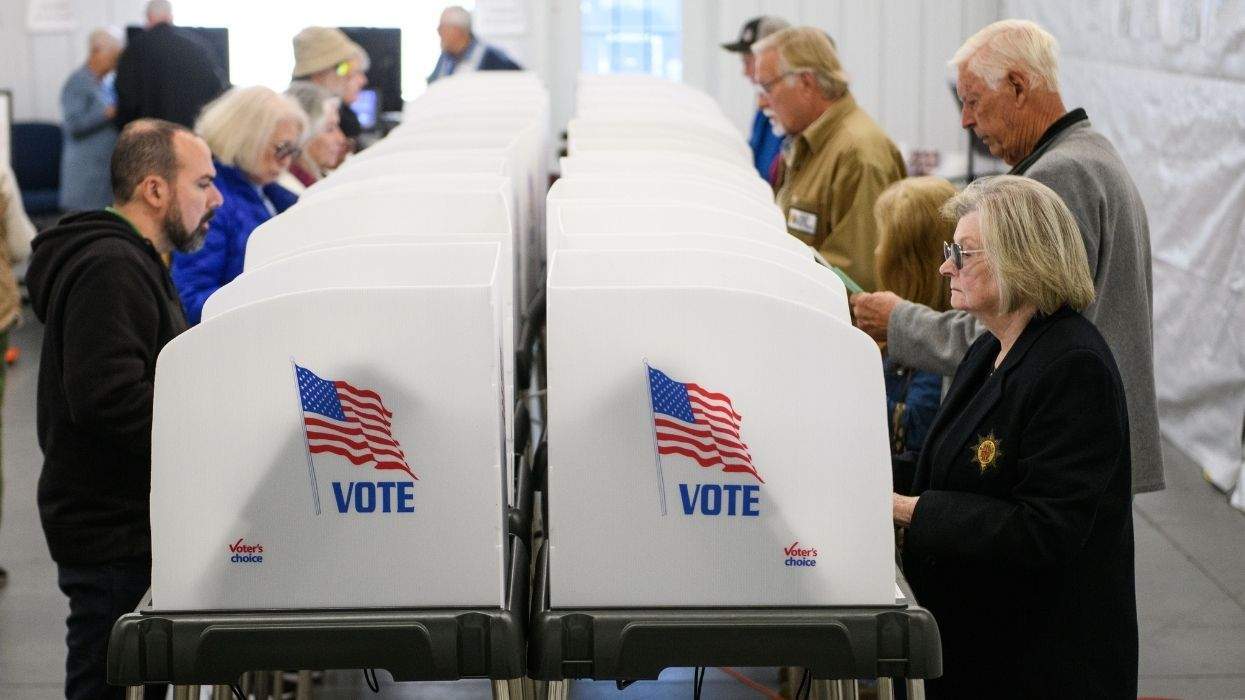The Advocate: In your director's statement you said, "I made a promise to myself that when I was emotionally and artistically ready, I would share, with the world, who Matt really was." What did it take -- both emotionally and artistically -- for you to finally get to that place?
Josue: Professionally, it took me years of experience working in film and making films to feel confident enough to embark on a project like this. Throughout the years, I've been honing my skills as a storyteller and meeting the collaborators who would help me tell Matt's story in the sensitive, honest, human way it deserves to be told. Emotionally, it took me many years of growing up to really grasp what happened to Matt. I was just 19 when Matt died, and his death was devastating. It's only been in recent years that I've been able to speak about Matt without getting overcome with emotion.
But I think that's the case with many of Matt's close friends, and we touch on this in the film. Aside from being a portrait of Matt, the film also explores the true nature of grief and how a tragic event like this has a ripple effect that causes pain not just for the victim but for their family, friends, community, and even the perpetrators themselves. With time and some necessary perspective, I've worked toward understanding this and letting it fuel the work.
Countless times, during my own viewing of the film, I found myself thinking, Wow, I never knew that. How have others responded to the film?
Almost everyone has responded that way, which is exactly why I wanted to make the film. Being Matt's friend, I always found it so heartbreaking that Matt was reduced to a headline. He was known only for the horrific way in which he died. In actuality, Matt was so much more than that. He was a wonderful, complex young man who was robbed of the chance to live up to his extraordinary potential. The film and the people who take part in it bear witness to who Matt really was and what he meant to all of us. It's a great honor to be able to share that with people.
In the film, Jason Marsden [former journalist, now executive director of the Matthew Shepard Foundation] discusses the "ingredients" of a national, attention-grabbing story, elements that Matthew's story had: compelling characters, dramatic events, tragedy or comedy, and a cliff-hanger. In your opinion, then, why are so many LGBT hate crimes ignored, even today, especially by the media?
That's honestly a mystery to me. There were hate crimes before Matthew Shepard and after, but for various reasons, his death was the one that captured the world's attention and brought antigay violence into the national conversation.
The devastating reality is that even now, 16 years after Matt's death, many in the LGBT community in the U.S. and around the world, particularly the trans community, still face the threat of violence because of who they are. As a society, it's crucial that we continue to share stories like Matt's and do all that we can to prevent similar stories from occurring.
You gathered an impressive group of people to participate in the film. How did you go about choosing whom to include? Were there people you hoped to involve that were not featured?
In creating this portrait of Matt, it made the most sense for me to go chronologically through Matt's life. So I knew from the beginning that I wanted to sit down with those individuals who were intimately involved or present during Matt's childhood, adolescence, and then his murder and its aftermath. As a friend of Matt's, it was relatively easy for me to identify who those people were. Of course, Matt's parents could speak to every stage of Matt's life and death, and the film becomes about their story and their journey too.
I had hoped Logan, Matt's younger brother, who works for the Matthew Shepard Foundation, could have been a bigger presence in the film. Though he supports the film and what we're doing, he wasn't comfortable speaking publicly about Matt, which we completely respect.
You set out to paint an authentic portrait of your friend Matt, someone who had become "an historic figure and icon." But this film was also a journey for you. How has the experience of making this film changed you?
I think a part of me wanted to make this film to try and attain some sort of closure. But in making the film, I realized that finding closure wasn't important or even remotely what I wanted. On the contrary, through the film, I've been able to reconnect to and remember Matt and my friendship with him. I had lost that somewhat over time. So for that, I'm very grateful.
I've also discovered that I'm still angry at what happened to Matt. But I think that's a good thing. I don't ever want to be OK with his loss. I hope others come to feel that same way, especially after watching the film. I hope Matt's story teaches others about the dangers of hatred and intolerance and, on the flip side, the power of love and compassion.
If viewers of this film walk away with only one thing, what do you want that one thing to be?
I'd like viewers to think about the impact we have on other people's lives and to think about the importance of being kind and compassionate to one another. On a personal level, I'd love viewers to finally get to know our Matt and to hopefully feel like he could have been a friend of theirs too.
Watch a trailer for the film below:
